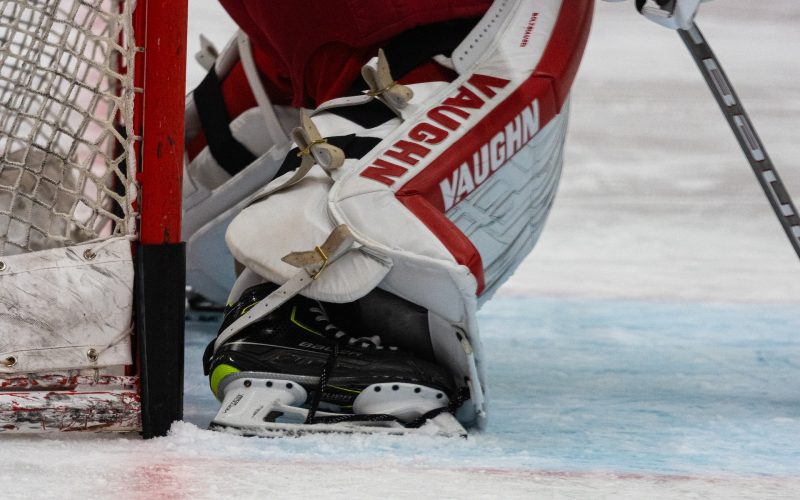Introduction
As the highly anticipated Stanley Cup Final approaches, the hockey world eagerly awaits the thrilling battles between the top teams. However, hosting the final in hot-weather cities poses a unique set of challenges when it comes to preserving the ice. In this article, we explore the struggles faced by host cities in maintaining optimal ice conditions amidst scorching temperatures and discuss the innovative measures taken to overcome these chilling challenges.
The Impact of Hot Weather on Ice Quality
Understanding the Challenge
Hot-weather host cities, such as those located in the southern United States, present a significant hurdle in maintaining high-quality ice surfaces for the Stanley Cup Final. The extreme heat and humidity can cause the ice to soften and become less stable, affecting puck movement, player performance, and overall game dynamics. To ensure a fair and competitive tournament, it is imperative to find effective solutions to combat the adverse effects of hot weather on the ice.
Advanced Cooling Systems and Technologies
Cutting-Edge Ice Maintenance Equipment
In the face of hot-weather challenges, host cities rely on state-of-the-art ice maintenance equipment to combat rising temperatures and maintain optimal ice conditions. These advanced systems utilize innovative cooling techniques, such as circulating chilled fluids through intricate piping systems beneath the ice surface, to counteract the heat and preserve ice integrity. The cooling systems work tirelessly to regulate the temperature and humidity levels within the arena, creating an environment conducive to fast-paced and exciting gameplay.
Constant Monitoring and Adjustments
A dedicated team of ice technicians is tasked with monitoring and adjusting the ice surface throughout the Stanley Cup Final. Armed with specialized tools and expertise, these professionals meticulously examine the ice for imperfections, such as divots or ruts, and make necessary adjustments to ensure a smooth and level playing surface. Regular resurfacing is conducted to maintain ice thickness and integrity, providing an optimal skating experience for the players.
Humidity levels are also closely monitored to prevent excessive melting and condensation. The ice technicians employ sophisticated sensors and control systems to regulate humidity within the arena, ensuring a controlled environment that minimizes the impact of hot weather on ice quality.
Collaborative Efforts and Best Practices
Partnership with Climate Experts
Host cities facing hot-weather challenges in the Stanley Cup Final often collaborate with climate experts to devise effective strategies. Climate scientists, HVAC specialists, and ice technicians work hand in hand to develop customized solutions that consider the unique climate conditions of each city. By leveraging the expertise of these professionals, host cities can implement innovative techniques to preserve ice quality and create optimal playing conditions.
Knowledge Sharing among Host Cities
Recognizing the value of shared experiences and best practices, host cities actively engage in knowledge sharing within the NHL community. Arena managers, ice technicians, and maintenance staff participate in conferences, workshops, and forums where they exchange insights and learn from one another’s experiences. This collaborative approach allows host cities to enhance their ice maintenance protocols, incorporating successful strategies from other hot-weather arenas.
Conclusion
Hosting the Stanley Cup Final in hot-weather cities presents a distinct set of challenges for preserving ice quality. However, through the implementation of cutting-edge cooling systems, diligent monitoring, and collaborative efforts, host cities are equipped to overcome these challenges and deliver an exceptional tournament. The commitment to maintaining optimal ice conditions ensures that players can showcase their skills on a level playing field, delighting fans with exciting and competitive hockey.












